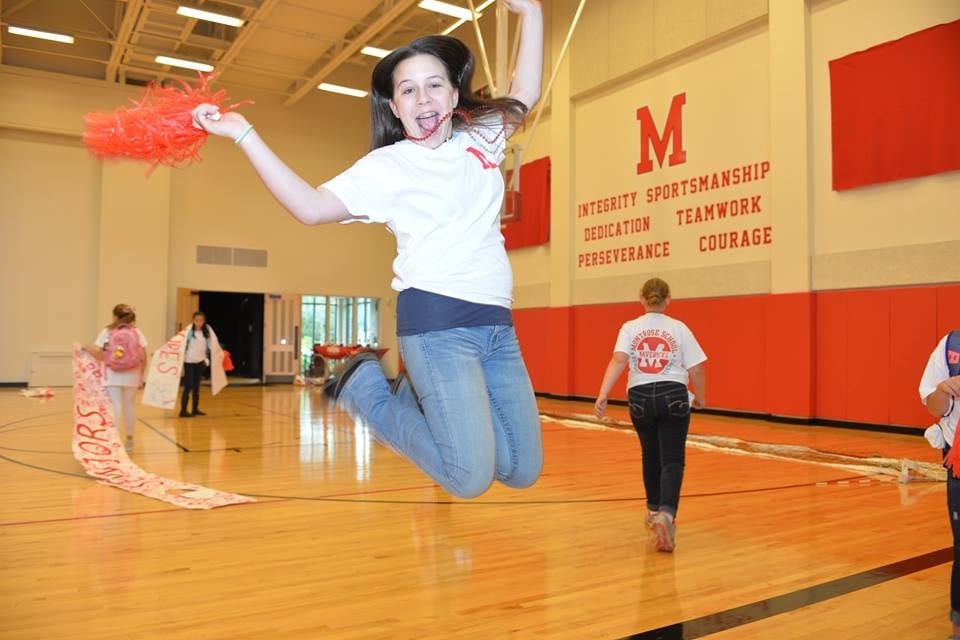
Resilience increases our capacity to thrive in any situation; resilient people keep challenges and setbacks in perspective, have strategies for navigating difficult emotions, and have the strength to bounce back and take another step forward. According to research out of Harvard's Center for the Developing Child, "The single most common factor for children who develop resilience is at least one stable and committed relationship with a supportive parent, caregiver, or other adult." Within this context of support, here are a few ways adults can help kids and teens develop resilience.
Resilience Parenting Tips
Tip #1 - Examine Your Explanatory Style: When faced with a setback, here are a few ways we tend to think about the situation:
A. Permanent = the cause of this challenge is here to stay! OR
B. Temporary = the cause is changeable and transient
A. Pervasive = this is going to affect my whole life! OR
B. Specific = this will affect a few situations
A. Personal = It’s all my fault! OR
B. Impersonal = It’s a mixture of people and circumstances, some of which are in my control -- and some of which are out of my control
Resilient people tend to view challenges as temporary, specific to a situation, and impersonal. So if your child is generalizing a challenge -- e.g. I’m struggling with fractions, therefore I am bad at math -- help them stay grounded in the specific challenge at hand and small steps they can take to walk toward the outcome they desire. For practical tips on how to help kids reframe their thoughts, I highly recommend Martin Seligman’s book The Optimistic Child.
Tip #2 - Share Family Stories of Resilience: According to one study, children who hear stories about how family members and ancestors overcame obstacles are more resilient in the face of challenges. As I wrote in this article, “The study’s authors note that the most helpful narratives are oscillating -- reflecting life’s ups and downs, and ultimately reminding children that they belong to something bigger than themselves. In a similar vein, parents can remind children of their own stories of perseverance — specific moments when they worked hard to learn something new or overcome an obstacle.”
Tip #3 - Practice Being in the Moment: Sometimes we need to press pause, step back from life’s demands, and recenter ourselves. Almost every world religion incorporates meditation as part of its practice. Why? Research around mindfulness and meditation point to the following benefits: Improved focus, attention, and self-control; better communication with friends and family; reduction in anxiety and depression; a stronger immune system. Here are a few simple strategies:
- Sensory check-in: right now, what can I see, smell, hear, and touch? Paying attention to our senses anchors us in the physical world (which is great when we are overthinking something).
- Body scan: How am I sitting/standing? Where in my body do I feel tension? Do I need to roll my head or shoulders? Shake out my hands after typing for too long?
- Take a Deep Breath: Deep breathing calms the brain -- and rapid breathing tells it to be on alert. For some research behind breathing, click here.
- Nature Time: It turns out spending time in nature -- even just sitting by a stream and noticing what you see, hear, and smell -- has cognitive and health benefits.
Read More About It
Family Stories That Bind Us (New York Times)
When faced with a challenge, happy families, like happy people, just add a new chapter to their life story that shows them overcoming the hardship. This skill is particularly important for children, whose identity tends to get locked in during adolescence . . .
Can Three Words Turn Anxiety Into Success? (The Atlantic)
. . . anxiety and excitement are both aroused emotions. In both, the heart beats faster, cortisol surges, and the body prepares for action. In other words, they’re “arousal congruent.” The only difference is that excitement is a positive emotion‚ focused on all the ways something could go well.
The Two Kinds of Stories We Tell about Ourselves (Emily Esfahani Smith, TED Ideas Blog)
[The researcher] has discovered interesting patterns in how people living meaningful lives understand and interpret their experiences. People who are driven to contribute to society and to future generations, he found, are more likely to tell redemptive stories about their lives, or stories that transition from bad to good.
How Teens Benefit From Reading About the Struggles of Scientists: (Deborah Farmer Kris, MindShift)
. . . for high school students, learning more about some of the personal and intellectual struggles of scientists can help students feel more motivated to learn science.
For Teens Knee-Deep In Negativity, Reframing Thoughts Can Help (NPR)
For parents, the idea is not to squelch the negative thought. Research has found that attempted "thought stopping" can actually make the idea stickier. Rather, you want your child to face the thought, thoroughly examine it and replace it with a more realistic and helpful perspective.





